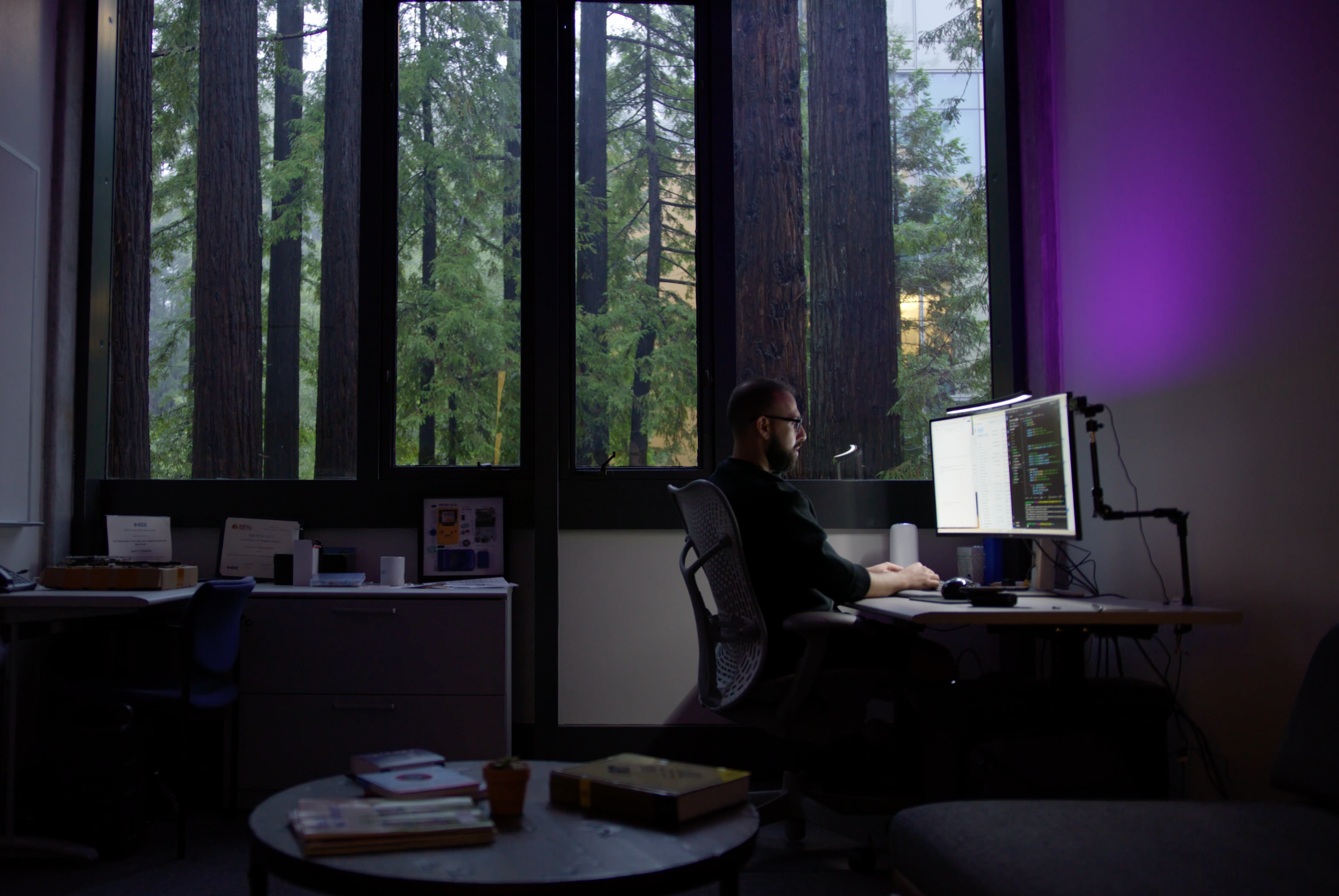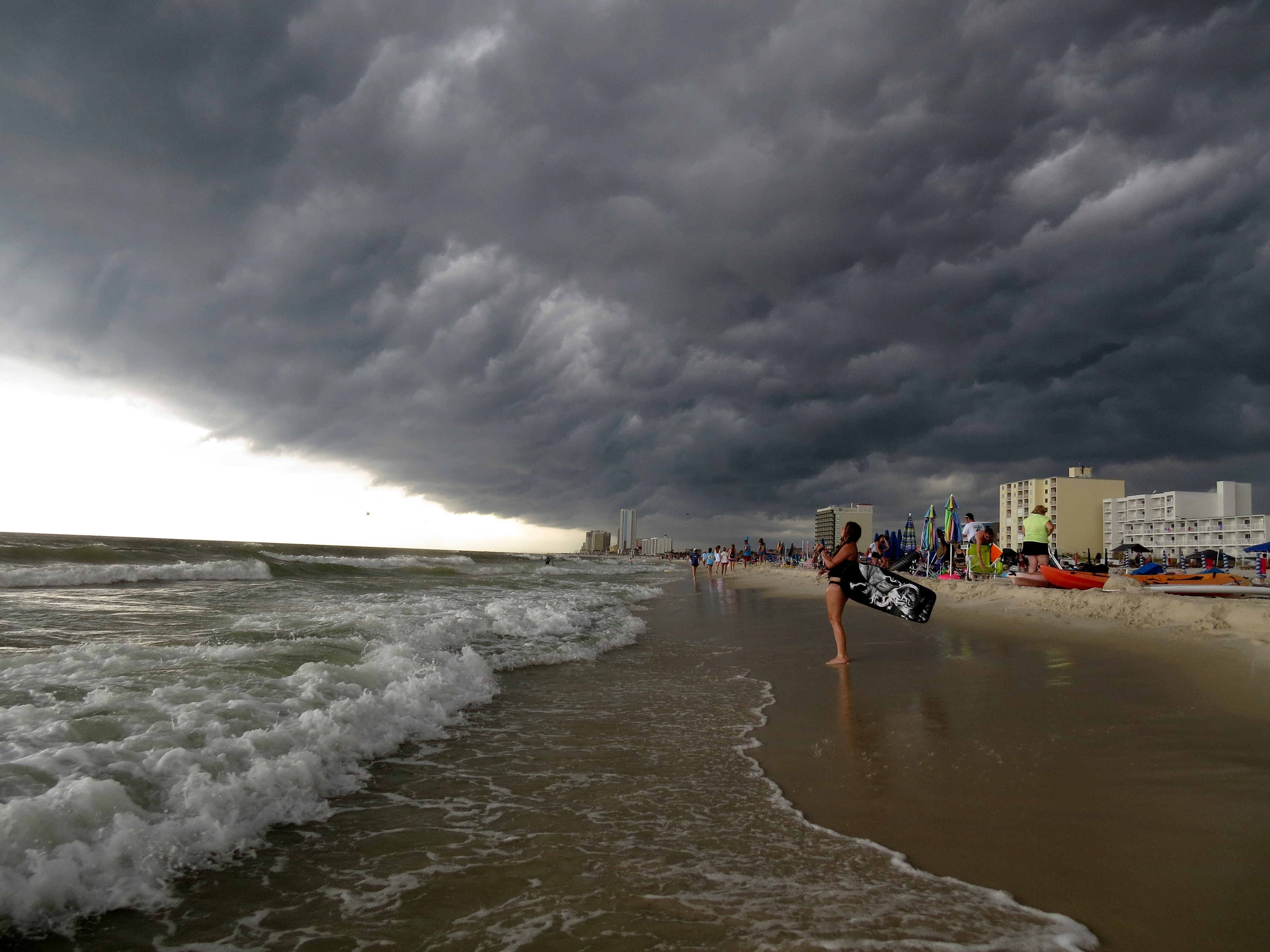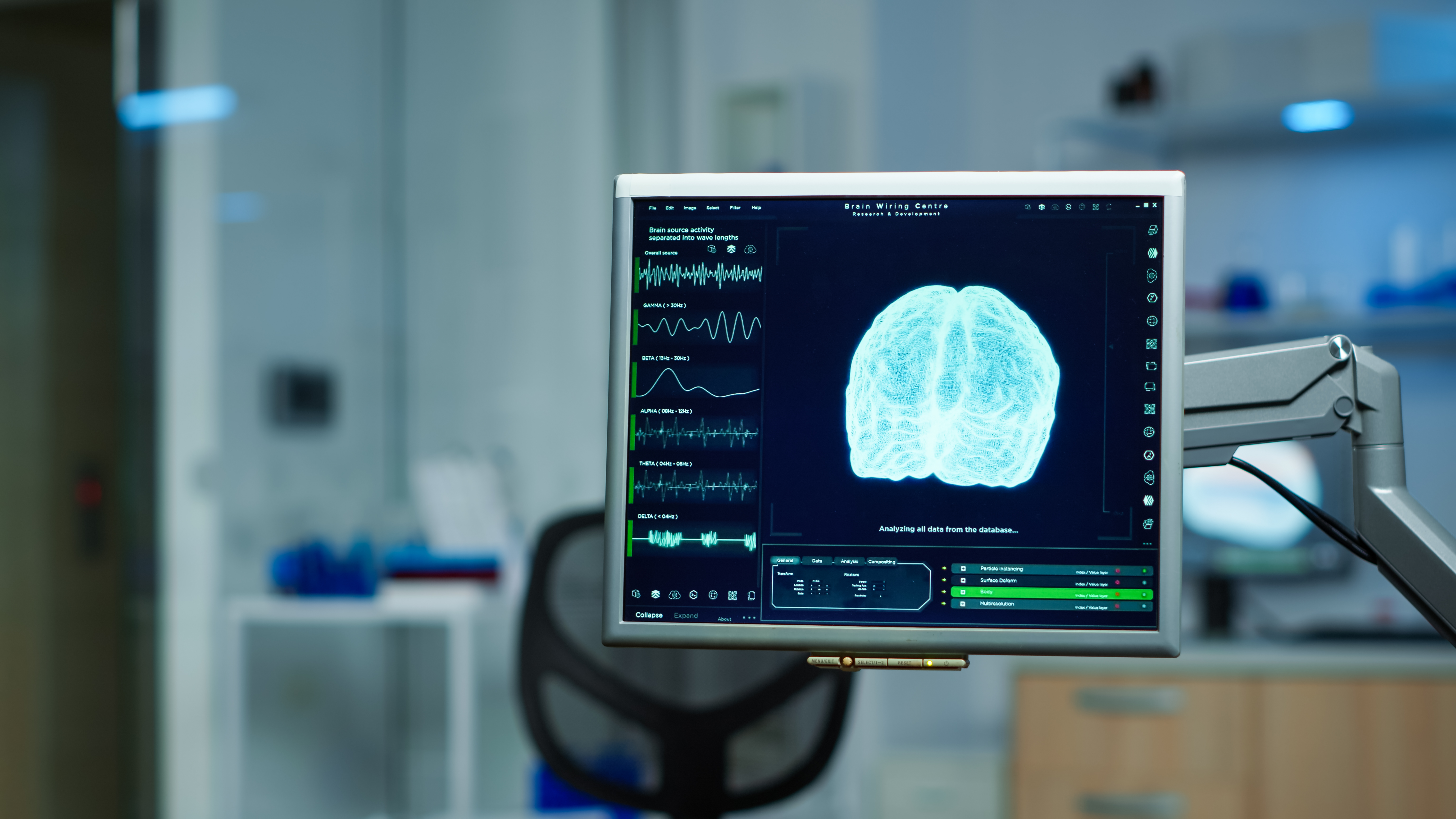
Shaping the future of artificial intelligence
UC Santa Cruz experts are working to guide AI in ethical, sustainable, and socially beneficial directions

AI leaders gather in Silicon Valley for UC Santa Cruz, SF Tech Week event
More than 200 people gathered for an event called “AI Frontier: Data, Agents & Robots.”

Regional ocean dynamics can be better emulated with AI models
Researchers show the success of their technical in a critical region: the Gulf of Mexico.

‘Future-guided’ AI improves seizure prediction
Engineers developed a deep learning method that manipulates time to make better predictions.

AI is good at weather forecasting. Can it predict freak weather events?
New study tests neural networks’ ability to handle ‘gray swan’ events.

AI chatbots perpetuate biases when performing empathy, study finds
A new study explores how GPT-4o, the latest model from OpenAI, evaluates and performs empathy compared to humans, and finds major gaps exist.

UC Santa Cruz research will harness advanced AI to better measure, predict climate-change impacts
Two UC Santa Cruz research projects designed to leverage advanced forms of artificial intelligence to improve how scientists measure and predict the effects of climate change have won funding from a $20 million investment by the National Science Foundation.

Researchers run high-performing large language model on the energy needed to power a lightbulb
UC Santa Cruz researchers show that it is possible to eliminate the most computationally expensive element of running large language models, called matrix multiplication, while maintaining performance.

Brain-inspired AI code library passes major milestone, new paper offers perspective on future of field
UCSC Assistant Professor of Electrical and Computer Engineering Jason Eshraghian’s open source code library for brain-inspired deep learning, called “snnTorch,” has surpassed 100,000 downloads and is used in a wide variety of projects. A new paper details the code and offers a perspective on the future of the field.
More news

April 30, 2024
Baskin Engineering hosts neurosymbolic AI conference
The Baskin School of Engineering hosted the 19th Conference on Neurosymbolic Learning and Reasoning (NeSy 2025), the longest-standing gathering for the presentation and discussion of cutting-edge research in neurosymbolic AI.

April 30, 2024
Exploring Generative AI possibilities with Magy Seif El-Nasr, UC Santa Cruz Computational Media Chair
Many conversations about generative artificial intelligence in higher education are about academic integrity and threats to learning. Those issues are serious and challenging.

August 2023
When humanists meet technologists
UC Santa Cruz’s new Humanizing Technology Certificate Program is helping students confront the moral and social implications of technology, harnessing the power of the humanities to envision a more just and responsible future.